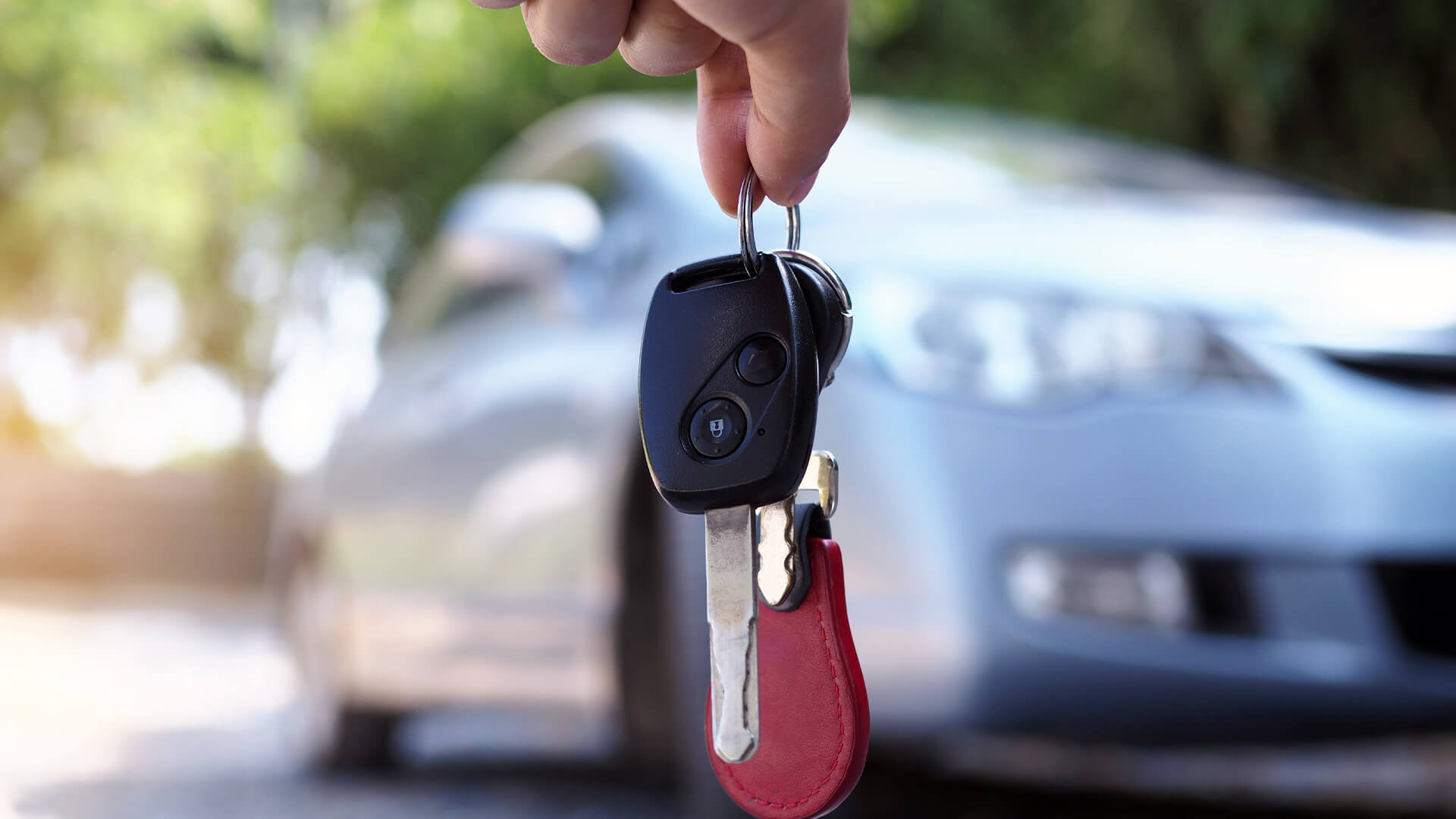In 2021, London won the unenviable reputation of being the most congested city in the world. As things stand drivers populating the roads of our capital can expect to waste 148 hours at the wheel on average due to blocked-up traffic jams. Not only does this consume motorists’ precious time, but long vehicle queues don’t do the environment any favours either. Mindful of the negative effects of traffic pollution, ministers have plans to decrease these figures in the (not so) long run.
In the meantime, more and more people are opting for different ways to get around. Motorists are starting to realise, in fact, that they do not need to own a car to comfortably move from A to B. Leasing vehicles, for instance, is one of the most prominent alternatives, offering drivers an array of general and eco-friendly benefits.
Here, we delve into the rising popularity of hiring your own car or van, while outlining what actions are being taken to shrink the number of private vehicles.
Tackling private car ownership
Rates of car ownership in London are significantly lower than in the rest of the UK. In the capital, each household owns an average of 0.74 cars. Meanwhile, households in the South East and South West regions of the country possess 1.41 and 1.39 vehicles respectively. Still, Londoners – as well as drivers in large cities across Britain – are being incentivised to limit their car journeys or refrain from buying new vehicles altogether.
The implementation of Ultra Low Emission Zones (ULEZ) is contributing to the mission. First launched in London in April 2019, and now extended to populous centres in the UK, ULEZ are areas within cities where residents are required to abide by certain emission standards. Only electric and hybrid vehicles, as well as ones that satisfy Euro 5 (petrol) and Euro 6 (diesel) standards, are allowed to circulate in these zones for free.
If drivers want to journey through ULEZ with a car that fails to meet these requirements, they have to pay a daily charge of £12.50. For regular commuters, this can soon become a hefty expense. A solution would be to buy an electric car, but there is no hiding that this would be a costly purchase. Leasing an EV, instead, would allow drivers to circulate inside city centres in a sustainable and affordable way without breaking the bank. Hence, it is fair to say that it is an effective green measure to discourage people from purchasing and relying on their own private cars.
Additionally, London mayor Sadiq Khan has unveiled plans to introduce smart road pricing. This means that, from 2024, motorists across the whole of London may be charged every time they jump behind the wheel of their own vehicle. The aim is to minimise carbon emissions and enhance air quality, spurring residents to travel from A to B in more sustainable ways. In this respect, more than one-third of car journeys in London could be walked in less than 25 minutes, and two-thirds could be cycled in under 20 minutes.
What’s more, ministers hope to favour lower private car ownership figures by pushing for more public transport all over the country. The government has set aside £5bn to fund and level up local transport connections across the UK, which can play a significant role in helping Britain achieve its net-zero target by 2050. By investing in efficient public transportation while also supporting ride-sharing platforms and e-scooter services, there is a good chance that pollution levels will gradually drop.
Leasing: an alternative solution
But for those who like the freedom and comfort of driving a vehicle, what is the best and most popular option? Car and van leasing represents a great way for drivers to get around city roads in a more strategic and sustainable fashion.
Leasing benefits do not end here. How can it aid workers and commuters with their day-to-day travels?
One of the main advantages of leasing a vehicle is that you have the opportunity to choose the model that best suits your needs. Do you require a spacious van? Do you care about the well-being of our environment? Electric vehicles can be a pricey investment if you decide to buy one from the outset. Instead, leasing an EV is an affordable alternative that allows you to hit the streets without having to splash out a considerable amount of money.
Another factor that makes car and van leasing an appealing option is that you do not have to commit to a specific vehicle for years and years. Has a greener, more sustainable vehicle made its debut on the market? You can hand back your ‘old’ model and get behind the wheel of a more appropriate alternative. Hence, leasing offers motorists the opportunity to stay on top of attractive updates.
Likewise, if you have reached a stage in which you do not require a vehicle to cater for your business or personal commutes, you do not have to keep a dormant automobile on your driveway. Return the car or van keys, reduce the number of vehicles on the street, and start travelling by bike, by foot, or on public transport.
With specific measures in place, as well as sustainable plans in the pipeline, the future of private car ownership doesn’t seem too bright. In fact, additional commuting fees and increased funding for public transport are favouring more eco-friendly ways of roaming around the roads of British towns and cities.
For those who require a vehicle to carry out their daily duties, however, car and van leasing is becoming a handy, popular solution. From shorter commitments to more affordable and sustainable options, leasing is an appealing alternative that ticks all the right boxes.





























